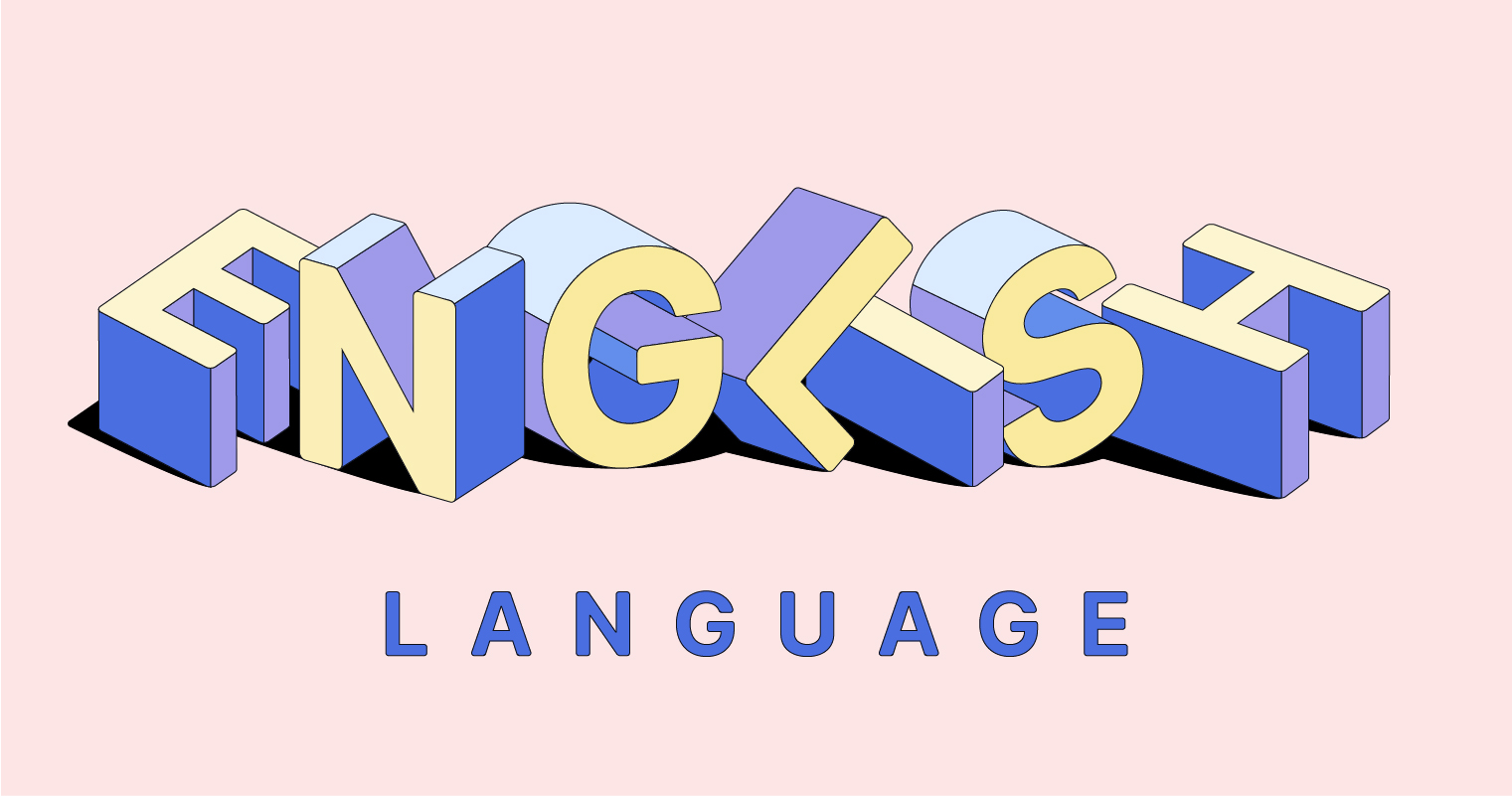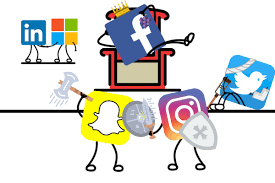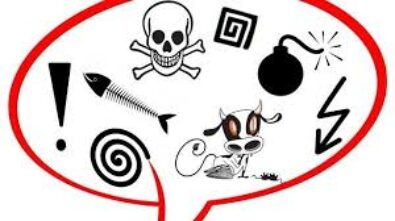There are around 86 out of 195 countries in the world that have English as their official first or second language. It is common for nearly every country we visit to hear it spoken by at least one person. Some, additionally, have their native language translated into English on signs for shops or roads.
So, what are the implications of such a widespread ability to speak this complicated language? Is it used as a language for simple communication or a tool for manipulation?

We’ve all seen adverts of course. Whether it’s for ASDA’s Christmas price drop on turkey or for the newest Dior fragrance, they all seem to blur into one after a few watches. But what are they actually trying to tell us? How are they making us spend our hard-earned wage on something we are aware we’ve never really needed or wanted? Take the Beauty industry. It is not uncommon to find the direct address of the personal pronoun “you” in fragrance advertising. In turn, creating synthetic personalisation: you personally feel as though this company, with their advert, is talking to you rather than the masses. They have no real power over anybody that watches their commercials except that of persuasion, and this particular technique is widely used to achieve just that. And it works. You can smell like vanilla, you can achieve your best self with this bottle, you can smell fresh and floral, and so on. It may seem harmless at the beginning but becomes increasingly sinister as you are exposed to more and more advertising. This subtly constructed and idealised power over us all is almost always underestimated by those that are not paying attention. The danger begins when you start to see that figure in your bank account start to dissipate. All because the language you speak was carefully constructed to change your thoughts.
Now, I’d like to take a step back in time to 2020. A year of unprecedented events. However, I’ll only focus on one. The winning of Joe Biden over Donald Trump in the United States presidential election. Social media was more prominent than ever due to the inability to talk to one another in person, and this meant much campaigning and debating between the two candidates travelled online.

It wasn’t uncommon to see terms like “leadership battle” or metaphors of “civil war” floating across Twitter (now known as X) and thus creating a linguistic field of war to describe these politicians and their “fight” for the position. News outlets and programs showcased this election as a completely divided affair, having two distinct sides, whilst that theme of war created a current of high tension and violence. The importance of the results of this election weighed heavy on the shoulders of all the world in a way it had not done so before in quite such proportion. This material was so easily accessible on every platform that without trying, most people would come across it in their day to day lives without even trying. And this, as predicted, became dangerous.

News sources to us in the United Kingdom (like the BBC or ITV) remain objective; they are supposed to take no stance on current affairs and express no opinions one way or the other. They should merely report the facts and let us formulate our own opinions. However, in the United States this is not the case, sources like Fox News Channel, CBS News and CNN are all either biased to the left wing or right wing and they appeal to others who believe the same. They formulate their stories and coverage in a way they know will appeal to their viewers. This can lead to dangerous prejudices for both sides, that can result in harmful words, actions and sometimes in the extreme, death.
Finally, there is one last danger I’d like to discuss (although there are many more). There are those that don’t believe in political correctness, language that is intended to cause the least amount of offence (by excluding or marginalising) when describing certain groups of individuals on the foundation of ethnicity, gender, race, sexual orientation or disability. A common example is the continued use of insults for women. I am sure everyone reading this has heard words like bird, hen, cow and dog directed towards women whether in real life, on TV shows or in films or books. It doesn’t take much thought to identify the fact that all of these are used to dehumanise women and use animals as a comparative. The implication of ‘hen’ and ‘bird’ particularly emphasising weak mind and bodied qualities. The danger of this leads to continual oppression of women, never seen as equal and targeted through not just actions but words easily spread. The sex as a whole is reduced to being comparative of that of an animal often preyed upon, this dehumanisation through typical everyday language is almost menacing in ways we barely even notice if we don’t pay attention. Another example also often heard in modern day vocabulary is the continued used of pejorative (a word or term expressing a negative connotation or opinion, or a lack of respect towards something or someone) terms linked to disabilities to insult other. Again, this may be more common for some to hear than others however these terms are in frequent use by some to devalue the lives of those who suffer from mental illnesses or physical disabilities, and of course, this becomes dangerous as the use of these words perpetuates that they are inferior or laughable when this is not the case.

So, maybe this article made you think a little more about the vocabulary you use and hear on a day-to-day basis and what the real meaning behind those words is. And what do you think, is the English language a concealed weapon?
Eve Blackmore Year 13